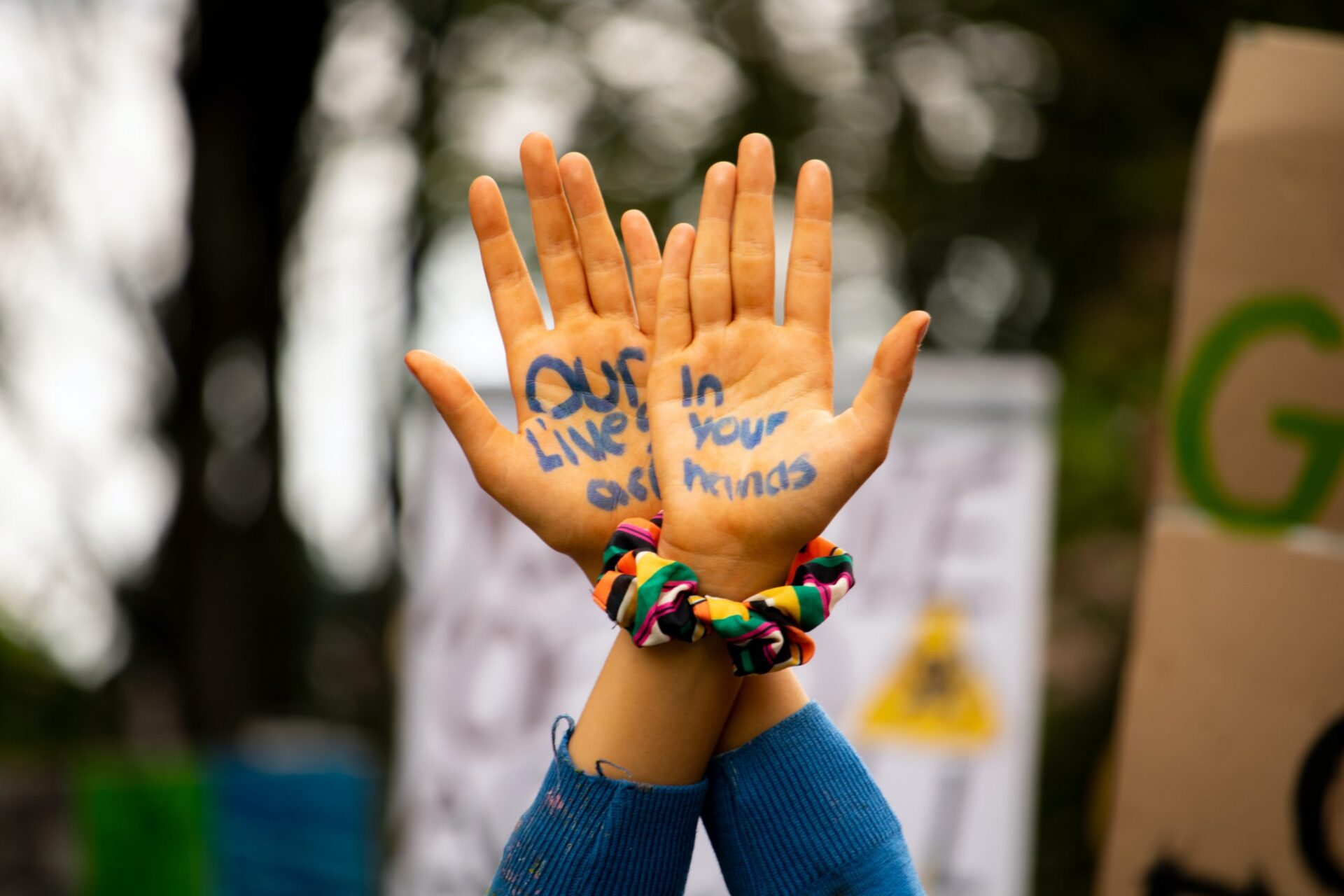Brown Bag: How is Climate Change Affecting our Health?
Back to Posts
Presentation by Cecilia Sierra-Heredia
Recap by Nusayba Sultana
SCWIST’s Brown Bag events are an opportunity to ‘lunch and learn’ with professional women from a variety of STEM fields. Visit our events calendar to register for our upcoming Brown Bags.
The Changing Climate
There is undeniable evidence that humans are the cause of climate change, collected by scientists around the world and analyzed following strict scientific methods.
The United Nations Intergovernmental Panel for Climate Change (IPCC) disseminates the science related to climate change, and provides policymakers with scientific information regarding the global climate and its risks. In 2007, their work won the Nobel Peace Prize for ‘creat[ing] an ever-broader informed consensus about the connection between human activities and global warming.’1
It is global efforts like this one that must continue to win the fight against climate change.
In The Air
Today, we are able to monitor tangible symptoms of climate change. Data on increased CO2 levels, air pollution, global temperatures, and more frequent extreme weather events all confirm that human activities are causing an increase in greenhouse gases, ground-level ozone concentrations, and particulate matter concentrations in the air.
And this increase in greenhouse gases is causing an increase in air pollution and allergens; environmental changes that pose significant risks to respiratory health.
Extreme weather events have been happening more frequently due to climate change. Hurricanes and wildfires are projected to increase in the coming years as the climate continues to warm. These events have not only physical impacts, but mental as well. In the aftermath of the Fort McMurray wildfires in Alberta, there were widespread PTSD cases among the victims, and students from grades 7 to 12 who were affected saw a decrease in mental health in the aftermath.
These wildfires in turn contribute to higher levels of air pollution. Indeed, the statistics around wildfires and air pollution in recent years are eye-opening. India and China have experienced the largest increase in air pollution, and felt the effects — in 2015, there were 1.6 million deaths due to air pollution in China, India, and Indonesia. Unfortunately, we are seeing similar environmental effects throughout Canada, as well as the unprecedented wildfire levels in Alberta and BC.
Climate change is also leading to an increase in vector-borne diseases — infection transmitted by living organisms or blood-sucking insects. In the past 60 years, there was an 11 per cent global increase in vectoral capacity for transmission of Dengue fever in just 1 mosquito, leading to a rise in cases of Dengue fever in Latin America. Specific health resources had to be dedicated to these patients even amidst the COVID-19 pandemic. This increase in vector-borne diseases can be linked directly to climate change, as the warming temperatures have allowed these insects to expand their geographic regions. Today, more than half of the world’s population at risk.
A Brighter Future
While climate change has clearly had a significant impact on our planet, there are ways to mitigate these effects. For one, it is important to keep learning more about climate change. Raising awareness by talking to others about climate issues is also incredibly important. There are also small everyday changes that can be easily implemented to help protect the environment, such as using reusable products and recycling.
The connection between climate change and the rise in various physical and health impacts on the public is clear. If we continue to ignore the climate crisis, there will be widespread and long lasting effects on the entire human population. However, there is hope. We have the power to change the state of the world by making sustainable choices as voters, employers, and customers.
Don’t miss out – check out our events calendar to see all our upcoming networking events, workshops and speaker series or check out one of our other Brown Bag recaps on stress and the importance of self-care.
References:
Cecilia Sierra-Heredia is a lecturer at Simon Fraser University (SFU) in the Faculty of Health Sciences, where she researches respiratory health, with a focus on investigating the public health challenges that rise in the face of climate change.
Cecilia holds a master’s degree in Measurement, Evaluation, and Research Methodology from the University of British Columbia (UBC), a master’s degree in health sciences from SFU and a bachelor’s degree in psychology from the National University of Mexico (UNAM). She is also involved in several science outreach organizations such as Vancouver STEMinist Book Club, Pint of Science Canada, and Science Slam Canada.
Nusayba Sultana is an Events Blog Writer for SCWIST. Outside of SCWIST, she is a chemical engineering student in Ontario. Have questions for Nusayba? Contact director-communications[at]scwist.ca to get in touch.
Photo by Paddy O Sullivan on Unsplash